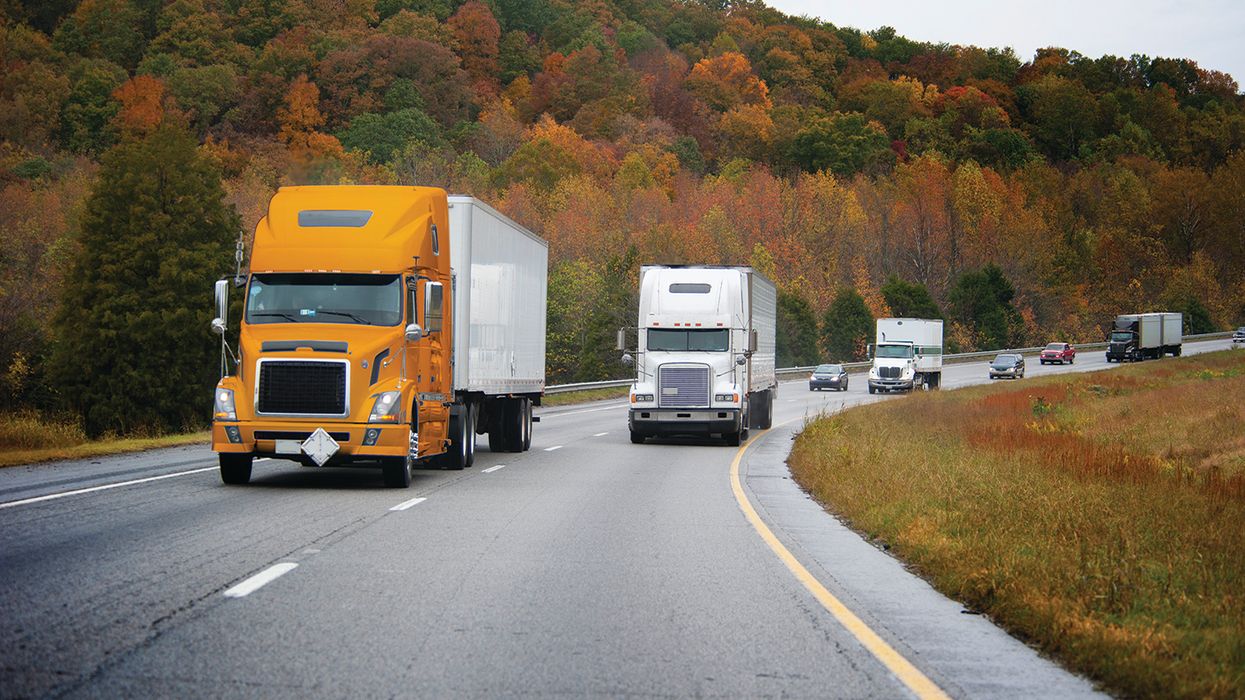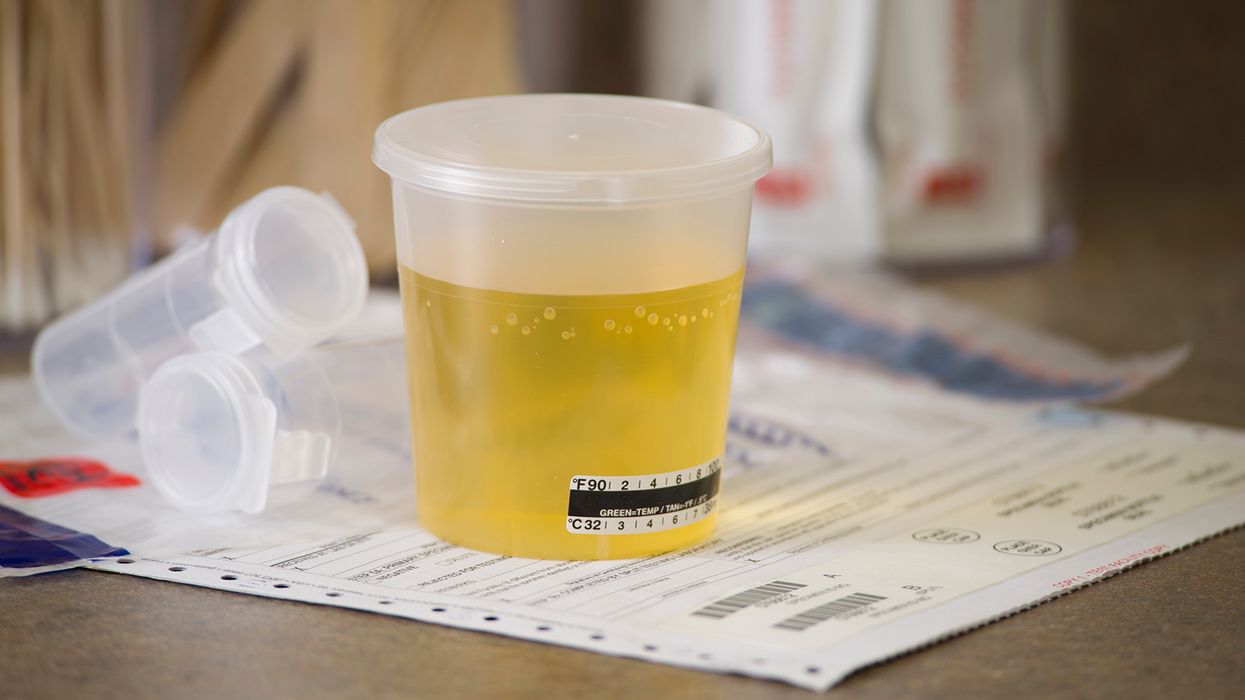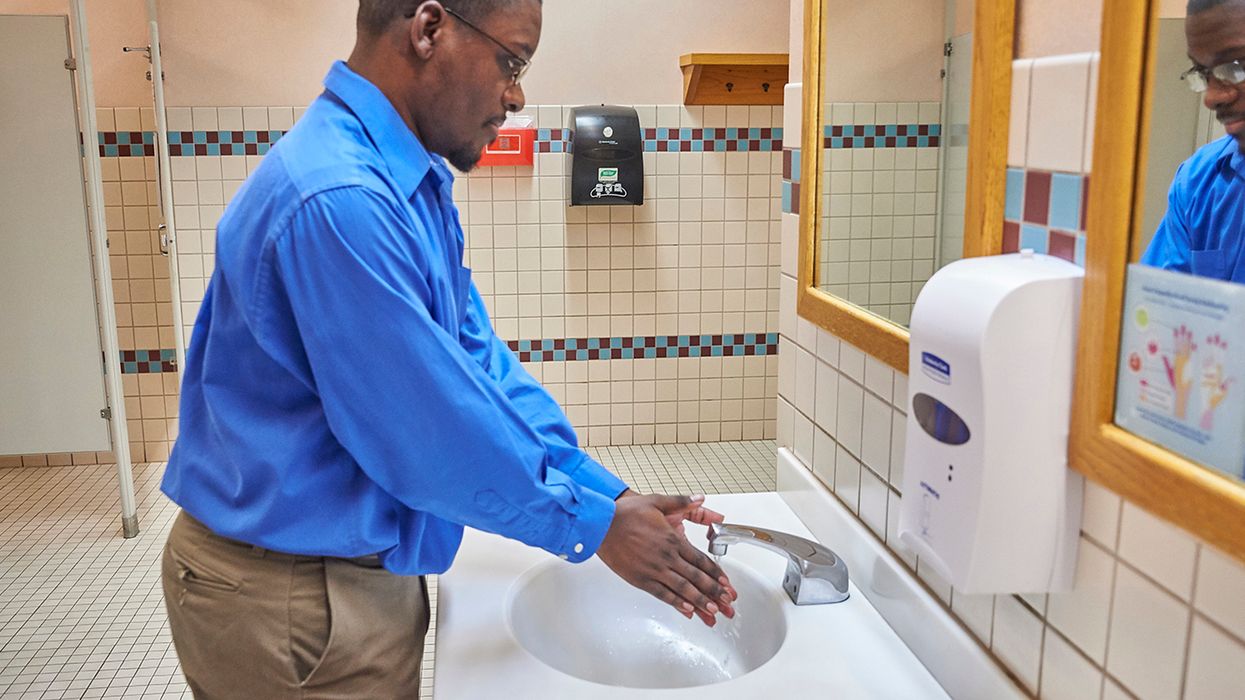DOT reveals rulemaking roadmap for coming year
After a long delay, the U.S. Department of Transportation (DOT) has issued its rulemaking plans for the year ahead, including a variety of actions that will impact motor carriers and drivers.
The Federal Motor Carrier Safety Administration (FMCSA) and DOT plan to issue over 20 final rule changes before the end of the year and propose another 25 changes within the next 12 months, though such projections are often overly optimistic.
Among the changes: updates to the Drug & Alcohol Clearinghouse and electronic logging device (ELD) rules, changes to the bumper labeling requirements, removal of the need to carry spare fuses, and an increase in fines.
Gone from the agenda are controversial rules mandating the use of speed limiters and requiring reflective tape on straight trucks.
The following key actions affecting motor carriers appear on the latest rulemaking roadmap, listed in the order in which they’re expected to arrive. The public will have a chance to comment on all proposed rules.
| Subject | Description | Next Step |
| Fines | The DOT will make annual inflation adjustments to its fines. | Final rule: Sept. 2025 |
| Straight truck visibility | The DOT plans to withdraw a proposal to require reflective tape and/or underride guards on straight trucks. | Withdrawal: Sept. 2025 |
| Hair testing | The Department of Health and Human Services will be adopting hair-testing guidelines for federal employees, which will eventually affect commercial vehicle drivers. | Proposed rule: Oct. 2025 |
| Emergency exemption | This change would increase to 30 days the amount of time drivers would be exempt from hours-of-service regulations when responding to regional emergencies, up from 14 days. | Proposed rule: Dec. 2025 |
| Bus accessibility | The DOT will be adopting new accessibility guidelines for buses and vans under 36 CFR 1192. | Proposed rule: Dec. 2025 |
| Emergency brakes | The DOT plans to require and/or standardize equipment performance for automatic emergency braking on heavy trucks. | Proposed rule: Dec. 2025 |
| Technical amendments | The FMCSA will issue its annual list of technical corrections to the Federal Motor Carrier Safety Regulations. | Final rule: Dec. 2025 |
| Violation reporting | This action would remove the requirement that CDL drivers self-report motor vehicle violations to their state. | Final rule: Dec. 2025 |
| Military CDLs | The FMCSA intends to allow dual-status military technicians to qualify for the CDL licensing exception. | Final rule: Dec. 2025 |
| ELD manual | This action would remove the requirement for drivers to carry a copy of the user manual for their ELD. | Final rule: Dec. 2025 |
| Railroad crossings | The FMCSA will be easing the requirements for bus and hazmat carriers to stop at railroad crossings. | Final rule: Dec. 2025 |
| Inspection reports | This rule change will leave it up to states to decide if or when motor carriers must return roadside inspection reports. | Final rule: Dec. 2025 |
| Accidents | The FMCSA plans to revise the term “medical treatment” for purposes of accident reporting, to incorporate revised guidance. | Final rule: Dec. 2025 |
| Aircraft fuel | The FMCSA intends to allow states to waive hazardous materials endorsements for drivers who transport Jet A fuel in support of seasonal agricultural operations. | Final rule: Dec. 2025 |
| License-plate lamps | This action would remove a requirement for an operating license-plate lamp on the rear of a truck tractor towing a trailer. | Final rule: Dec. 2025 |
| Rear impact guards | The FMCSA plans to rescind the requirement that rear-impact guards have a permanent certification label from the manufacturer. | Final rule: Dec. 2025 |
| Emergency equipment | The FMCSA plans to remove the requirement to carry spare fuses and the option to use liquid-burning flares. | Final rule: Dec. 2025 |
| Registration system | The FMCSA plans to update the Unified Registration System (URS) and procedures for granting/revoking registration. | Proposed rule: March 2026 |
| Entry-level training | The FMCSA will be looking for ways to amend its new-driver training rules to address sexual harassment and the safety of women drivers, pedestrians, and bicyclists. | Info-gathering: May 2026 |
| New-entrant testing | This rule would enact methods (such as an exam) to ensure new motor carriers are knowledgeable about safety requirements before being granted New Entrant authority. | Info gathering: May 2026 |
| Household goods | This rule would add a proficiency exam for new household-goods motor carriers. | Proposed rule: May 2026 |
| Safety rating process | The FMCSA will be reevaluating its safety rating process, including its acute/critical violation lists, its three-tier rating system, and how it unearths unfit carriers. | Proposed rule: May 2026 |
| Recordkeeping | The FMCSA intends to propose changes to the record retention rules in Appendix A to Part 379 to remove unnecessary requirements. | Proposed rule: May 2026 |
| Property brokerage | This rule would add new restrictions to the property-carrier broker rules. | Proposed rule: May 2026 |
| Cargo securement & vehicle defects | This change would further harmonize cargo securement rules with Canada, alter the rules for securing lumber, and add specificity to violations grouped under 49 CFR 396.3(a)(1). | Proposed rule: May 2026 |
| ELD update | The FMCSA will be “streamlining and improving the clarity” of its ELD rules. | Proposed rule: May 2026 |
| CDLIS | This action will establish a user-fee system for the Commercial Driver’s License Information System. | Proposed rule: May 2026 |
| Vehicle automation | The FMCSA plans to update its regulations to account for commercial vehicles equipped with automated driving systems. | Proposed rule: May 2026 |
| Medical examiners | The FMCSA wants to adopt a formal process to remove non-compliant examiners from the National Registry of Certified Medical Examiners. | Proposed rule: May 2026 |
| Drug & Alcohol Clearinghouse | The FMCSA intends to revise its Clearinghouse rules to improve error-correction procedures, queries, and consent requirements. | Proposed rule: May 2026 |
| Seizure standard | The FMCSA intends to ease the medical qualification requirements for drivers with epilepsy or other conditions that may cause seizures. | Proposed rule: May 2026 |
| Drug/alcohol records | The DOT is planning to update its drug/alcohol testing rules in Part 40 to allow electronic recordkeeping. | Final rule: May 2026 |
| CDL flexibility | This rule would add more flexibility to the CDL testing process. | Final rule: May 2026 |
| Test refusals | The DOT plans to establish an appeals process for drivers accused of refusing a drug or alcohol test. | Proposed rule: Aug. 2026 |
| Drug testing | The DOT plans to add fentanyl to its drug testing panel, among other changes to the drug testing rules in Part 40. | Final rule: 2026 (date TBD) |
Long-term actions
The DOT is working on other rule changes that have an uncertain future. This includes:
- Removal of the rules governing drivers’ employment applications.
- Updates to the “tank vehicle” definition to clarify the need for a tank endorsement.
- Rules requiring vehicles to be equipped with an electronic ID for enforcement purposes.
- A proposal to add new fees for companies that are self-insured.
- Changes to the rules for enforcement proceedings.
Key to remember: The DOT is planning numerous rule changes for late 2025 and beyond. Stay tuned for rulemaking actions from the FMCSA and other DOT agencies, and weigh in when public comments are sought.




















































